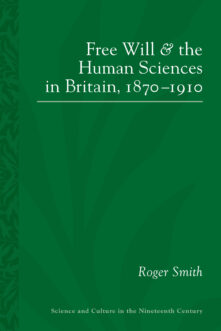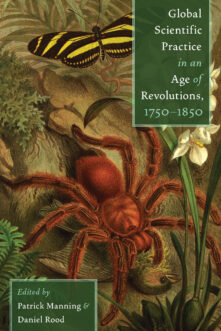Search Results
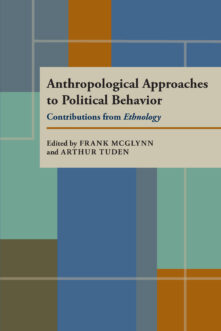

Anthropological Approaches to Political Behavior
Contributions from Ethnology


Itineraries of Expertise
Science, Technology, and the Environment in Latin America's Long Cold War
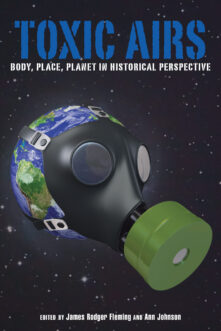

Toxic Airs
Body, Place, Planet in Historical Perspective
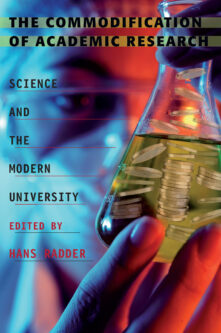

The Commodification of Academic Research
Science and the Modern University
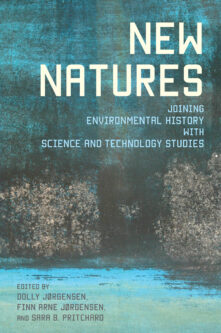

New Natures
Joining Environmental History with Science and Technology Studies
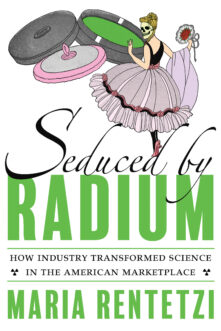

Seduced by Radium
How Industry Transformed Science in the American Marketplace
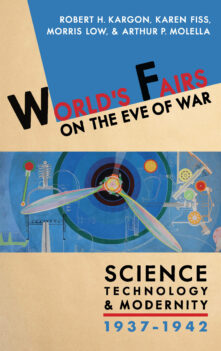

World’s Fairs on the Eve of War
Science, Technology, and Modernity, 1937–1942
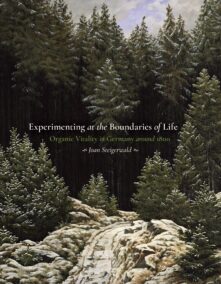

Experimenting at the Boundaries of Life
Organic Vitality in Germany around 1800
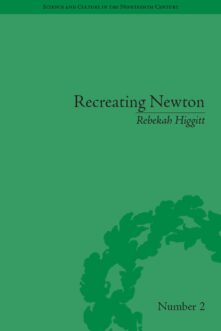

Recreating Newton
Newtonian Biography and the Making of Nineteenth-Century History of Science
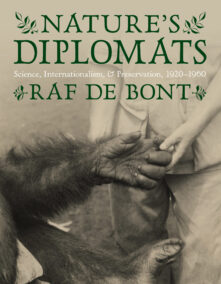

Nature’s Diplomats
Science, Internationalism, and Preservation, 1920-1960
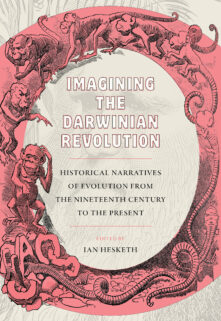

Imagining the Darwinian Revolution
Historical Narratives of Evolution from the Nineteenth Century to the Present
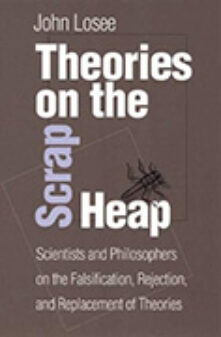

Theories On The Scrap Heap
Scientists and Philosophers on the Falsification, Rejection, and Replacement of Theories
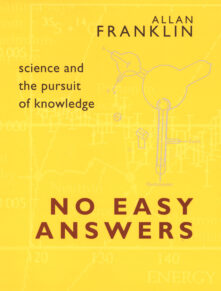

No Easy Answers
Science and the Pursuit of Knowledge
Your search for " The Cosmos of Science: Essays of Exploration " returned 489 results


